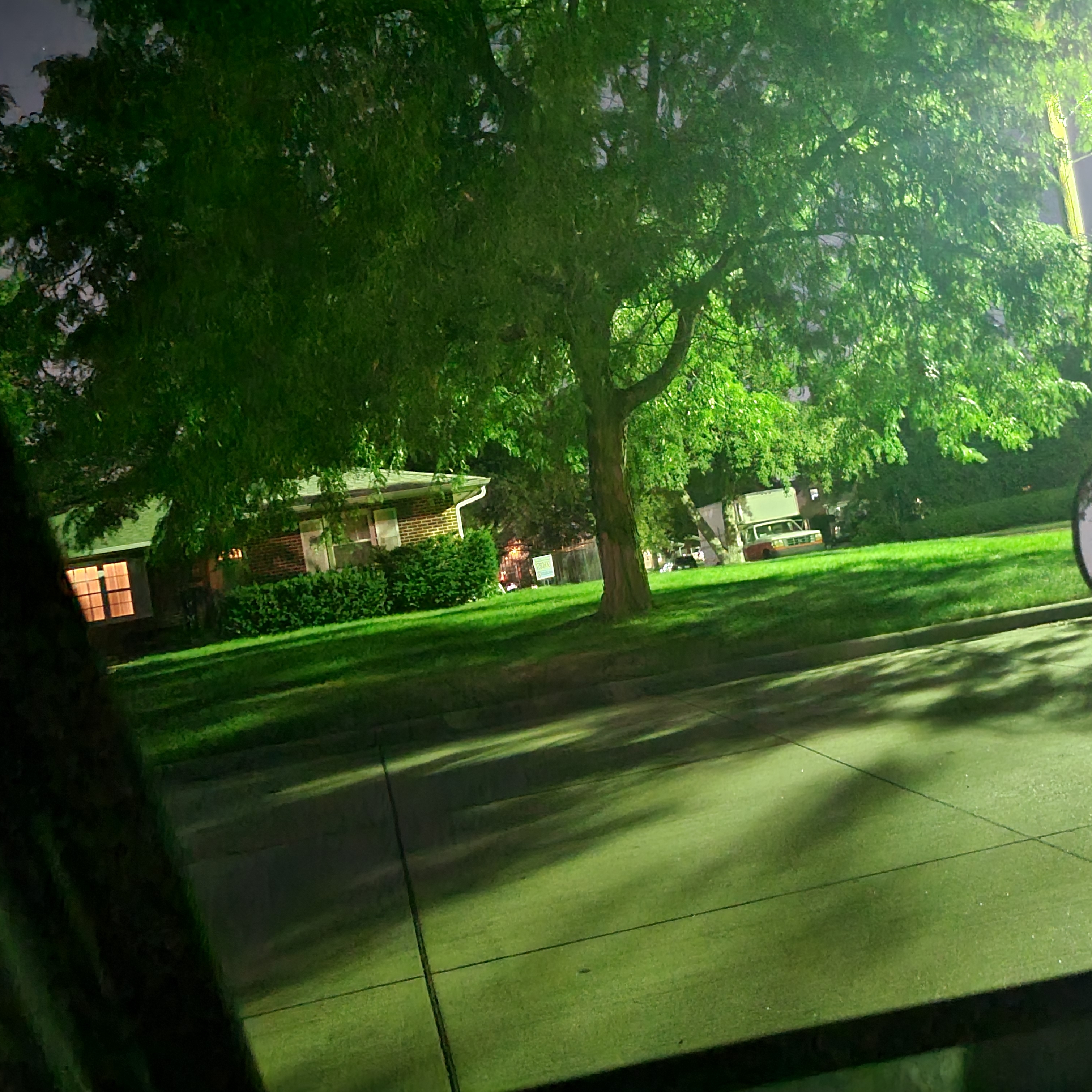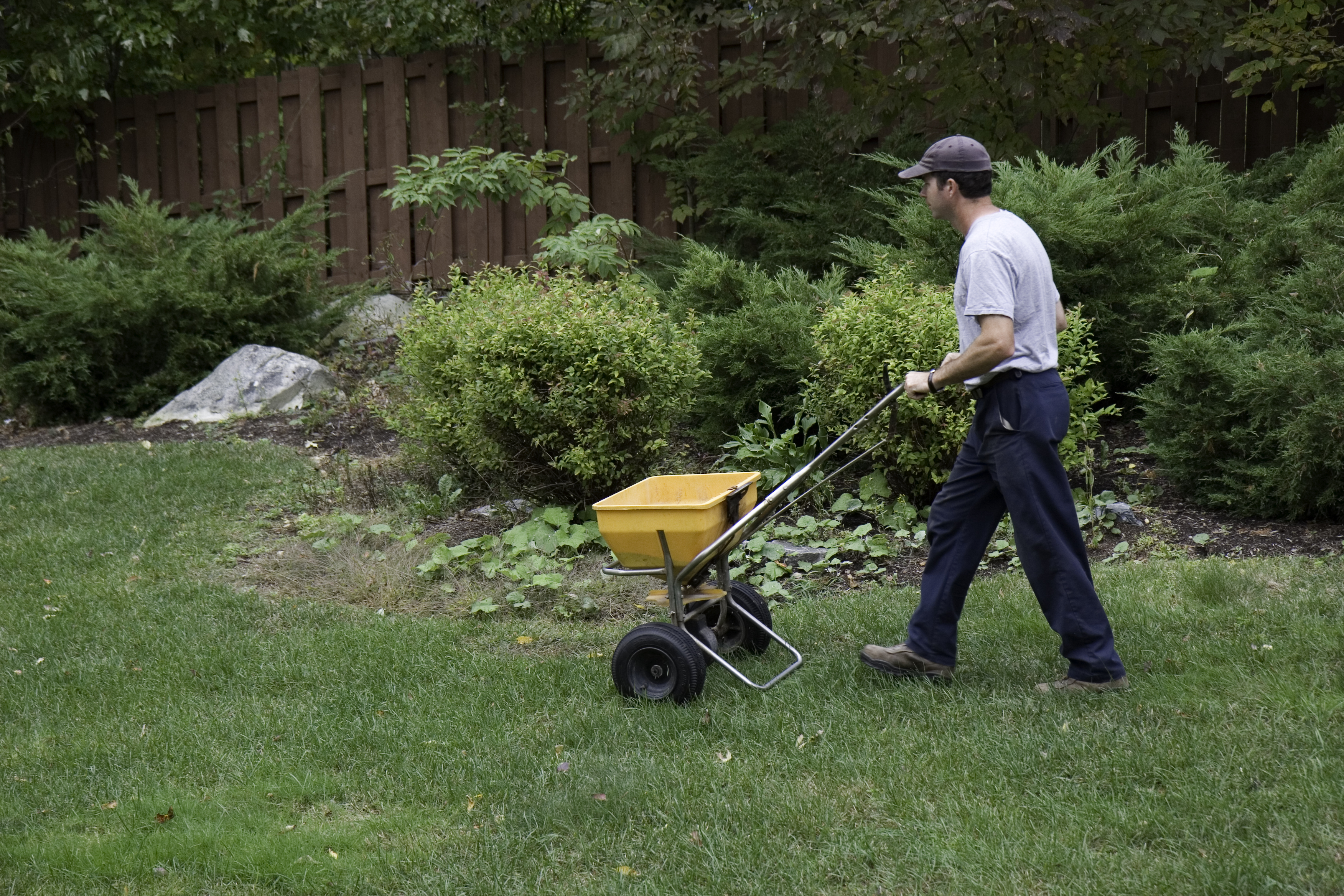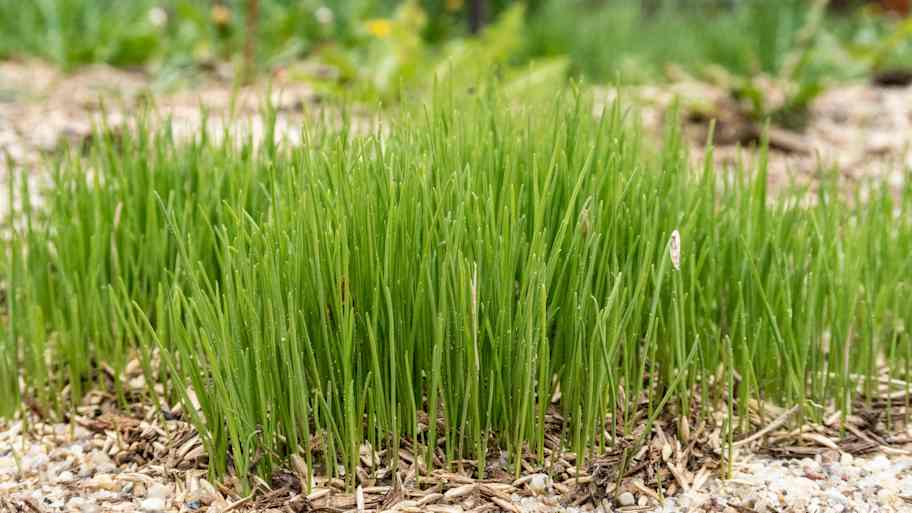
Get matched with top lawn fertilization and treatment specialists in Coleridge, NE
Enter your ZIP and get matched with up to 5 pros
Need a pro for your lawn fertilization and treatment project in Coleridge, NE?
Find Lawn fertilization and treatment specialists in Coleridge

Lanphear's Affordable Services
Lanphear's Affordable Services
Lawn&Tree, Moves&Haul, We Do It All Keeping Your Reality Affordable, Just the Lanphear "Thing-To-Do"
Lawn&Tree, Moves&Haul, We Do It All Keeping Your Reality Affordable, Just the Lanphear "Thing-To-Do"
The Coleridge, NE homeowners’ guide to lawn fertilization and treatments
From average costs to expert advice, get all the answers you need to get your job done.
 •
•Discover the cost to fertilize your lawn, including average prices, key factors, and tips to help homeowners budget for a lush, healthy yard.
 •
•Discover average lawn aeration cost, key price factors, and tips to save. Get a clear estimate for your yard and learn how to choose between DIY and hiring a pro.
 •
•Discover average hydroseeding cost, key price factors, and ways to save. Get transparent estimates for your lawn project and make informed decisions for your home.

When it comes to drop spreaders versus broadcast spreaders, knowing the differences between them will help you make the right choice for your outdoor setup.

Ready to give your yard a fresh start? With these tips for grass seed planting, your lush lawn dreams are one step closer to becoming a reality.

Grass seeds thrive in soil rich in nutrients, but a potting mix will not support your grass’ long-term health. Find out which type of soil is best for grass.
- Window Cleaning in Coleridge
- Snow Removal in Coleridge
- House Cleaning in Coleridge
- Lawn Mower Repair in Coleridge
- Trampoline Assembly in Coleridge
- Sink Installation in Coleridge
- Plumbing in Coleridge
- Electrical in Coleridge
- Handyman Service in Coleridge
- Landscaping in Coleridge
- Roofing in Coleridge
- Locksmiths in Coleridge
- Hvac in Coleridge
- Air Duct Cleaning in Coleridge
- Painting in Coleridge
- Appliance Repair in Coleridge
- Lawn And Yard Work in Coleridge
- Interior Painting in Coleridge
- Ev Charger Installer in Coleridge
- Drain Cleaning in Coleridge
- Contractor in Coleridge
- Gutter Cleaning in Coleridge
- Pressure Washing in Coleridge
- Boiler Repair in Coleridge
- Flooring in Coleridge
- Exterior Painting in Coleridge
- Foundation Repair in Coleridge
- 🌱 "Mow a small front yard"
- 🛠 "Fix a leaking pipe under the sink"
- 🏠 "Repair shingles on an asphalt roof"
